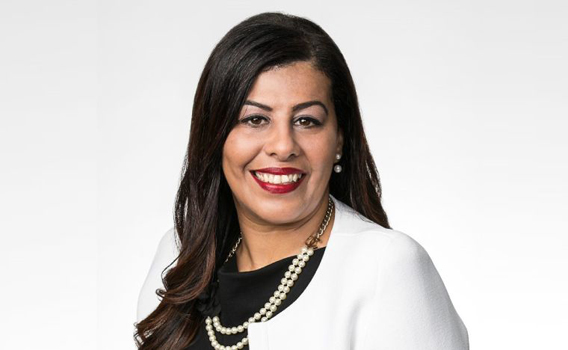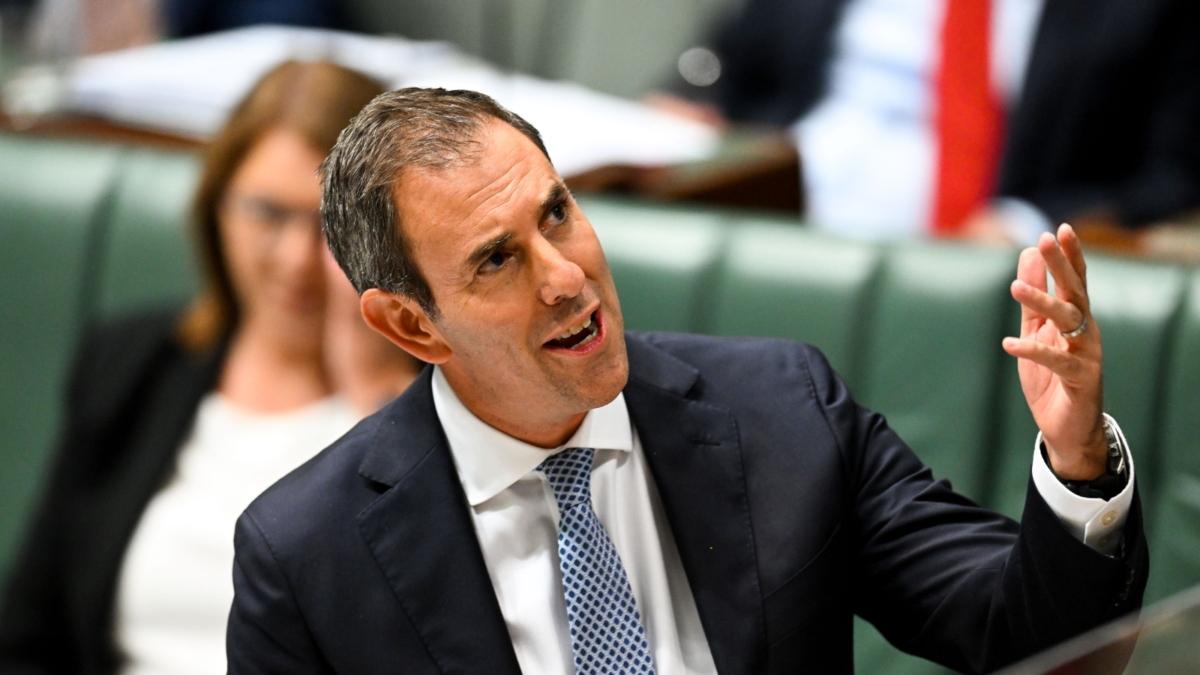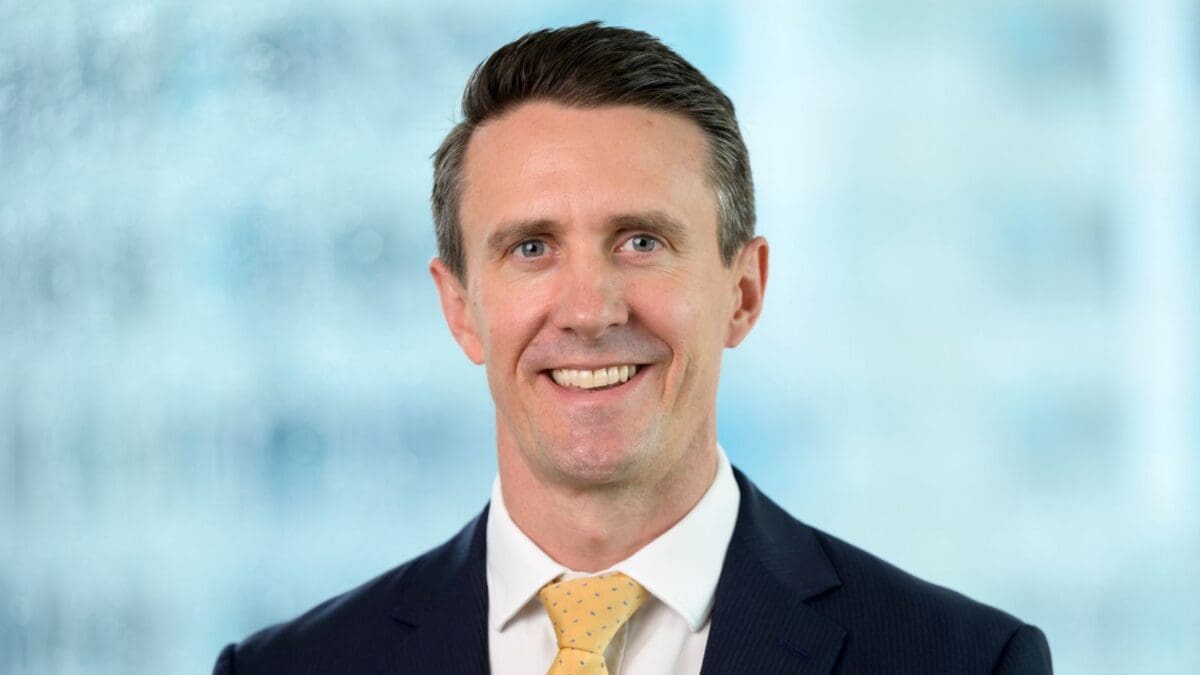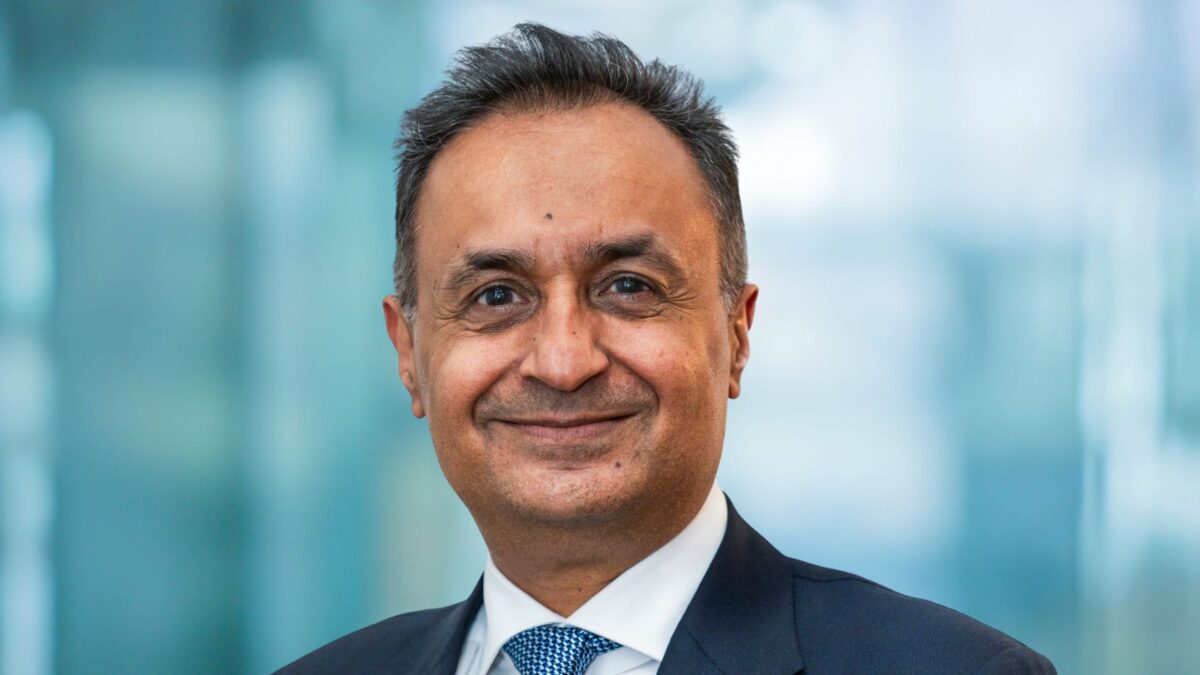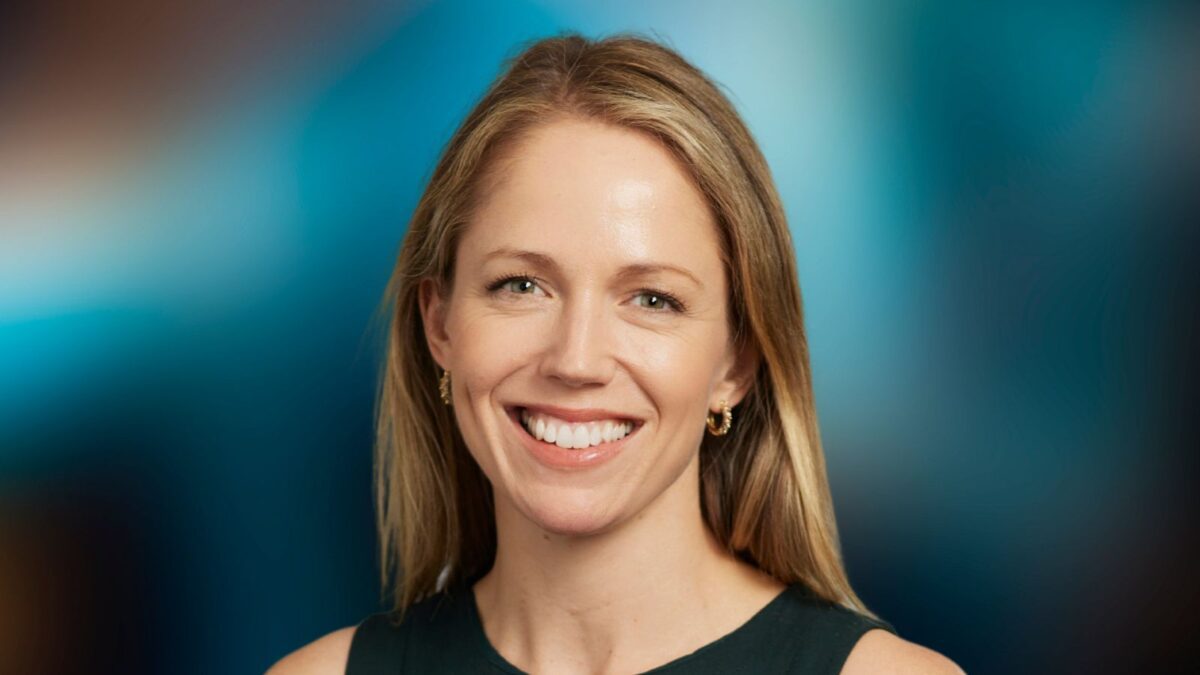Technology shows its worth in asset allocation
A sample of institutional asset owners and fund managers has confirmed their views on the increasing complexity around both asset allocation and the strategies they design. They also confirmed the increasing importance of technology but expressed annoyance at continuing room for improvement in some areas.
According to the authors at the study’s promoter, global systems provider Milestone Group, technology is still fragmented within an asset allocator’s end-to-end investment process. And, amid that fragmentation and exacerbating the problem many critical functions continue to be reliant on spreadsheets.
Milestone Group, which started life in Australia, last month appointed Marian Azer, a former custody executive and Mercer Sentinel consultant, as managing director of Asia Pacific, based in Sydney. Most recently she held a regional role at RBC Investor & Treasury Services, which has been subsumed into Citi in Australia. Before that she was head of product at J.P. Morgan Investor Services. Geoff Hodge, who founded Milestone in 1998, is chairman and head of the North American business based in Boston.
While the sample group is small – 26 pension funds and other asset owners and 21fund managers and outsourced CIOs – the questionnaire involved 25 questions designed to cover both large pension funds and smaller family offices.
The study, ‘Asset Allocation technology Survey’, showed that 82 per cent said investment strategies were becoming ‘more complex’ or ‘much more complex’ and 73 per cent said the same for the portfolios they were implementing.
In terms of the more complex asset classes and sub-classes, the respondents ranked, in order: private equity as most complex, followed by real estate, FX forwards, equity futures, hedge funds, ETFs and swaps. ETFs, however, were the least used by the survey respondents. Private equity and real estate were continuing to rise in asset allocations.
In the use of technology to support investment objectives, the most frequently cited reason was to “control operating risk” (47 per cent), followed by “support investment oversight by CIO and investment committee” (45 per cent) and “efficient and controlled management of interactions with custodians, investment managers/sub-advisors, pricing and reference data sources” (41 per cent).
While many organisations might prefer to use just one system, the survey results showed this might prove difficult for various reasons. Only 15 per cent used one system, 20 per cent two, 15 per cent thee and 15 per cent four or more. The study suggests: “Those using four or more systems, we believe, is due to critical gaps in core systems, specialist requirement, or both… However, there is a point at which the benefit of maintaining a large number of systems is diminished by the challenges of maintaining such a disparate ecosystem. Even then, it remains feasible that functional duplication or functional gaps can exist.”
Milestone provides a range of solutions for fund managers and fund owners. These include pControl, built as a unit-pricing system, which has evolved into an “enterprise investment automation platform”. The company has offices in Boston, London, Luxembourg, Cape Town and Sydney.
– G.B.



